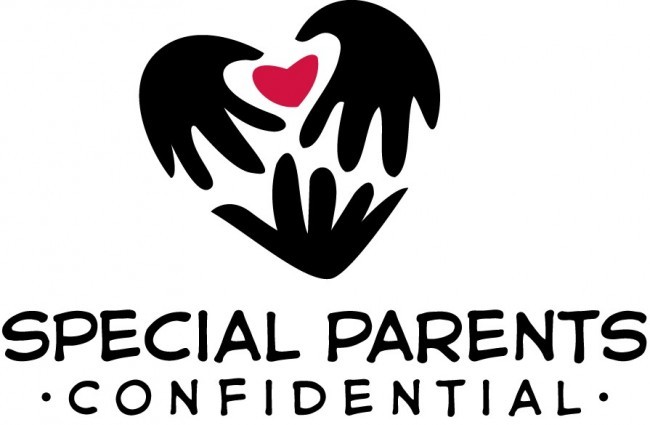Colds And The Flu.
It seems like every year the season for colds and the flu gets longer. Whether you’re a parent of a special needs child or not, our kids are coming down with colds and the flu all year round – for that matter, so are we parents. But what exactly are colds and the flu? Did you know that they share some of the same symptoms? How do you tell them apart? What’s the difference between the flu and a 24 hour stomach bug? How do you treat these illnesses and what can you do if you have a special needs child that has sensitivities to medicines or has challenges with standard treatments?
Why Do Colds And The Flu Affect Kids Differently Than Adults?
For this episode of Special Parents Confidential we are joined again by our friend Dr. Patricia Schultz, who has some answers. Including ways that you can help treat kids who have aversions to medicines. She also talks about the warning signs for when your child might have something else going on instead of the cold or the flu, why dehydration is a huge concern for sick kids, and – most importantly – when it’s time to take your child to the hospital.
Always Call Your Doctor First.
You’ll hear great advice about how colds and the flu, as well as Noroviruses and other illnesses can affect babies and infants, toddlers, younger children, teenagers and adults. As always, though, Dr. Schultz’s advice is merely for informational purposes only. If you have any concerns about your child’s health, be sure to contact your family health provider or pediatrician.
Links Mentioned In This Podcast.
The Oral Rehydration Solution from The World Health Organization
The Common Cold – What Parents Need To Know. From the American Academy of Pediatrics.
The Flu – Healthy Children from The American Academy of Pediatrics.
Surviving The Stomach Bug – American Academy of Pediatrics.
Support Special Parents Confidential
If you have found this episode, or any episode of Special Parents Confidential to be helpful, please consider contributing to help support this podcast. Just click on the Support Special Parents Confidential link at the top right of the page to get to our special Pay Pal account so you can make your contribution easily and safely. Any amount you can contribute will help. Thanks for your support!
Podcast: Play in new window | Download
Subscribe: RSS
